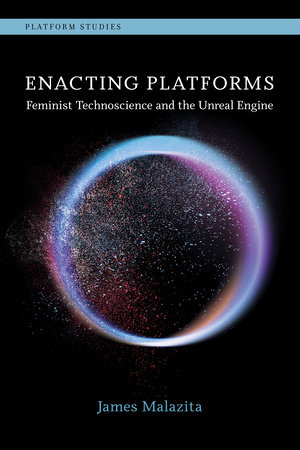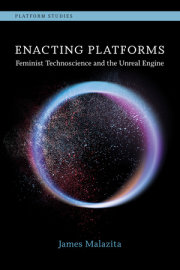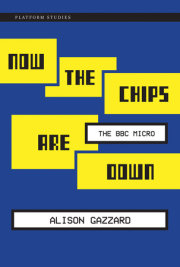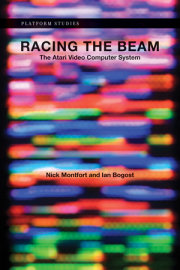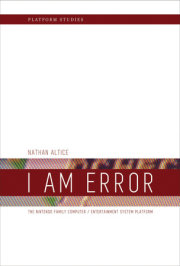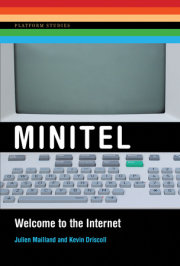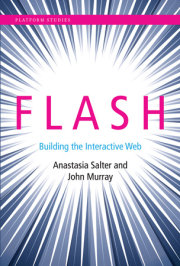Acknowledgements
Introduction
Chapter 1
Seeing Like a Soldier: The Co-Production of Engine and State through America’s Army
Arc I: Queering Orientation and Agency
Chapter 2
Orienting Z: Interfaces and Coordinate Space as Unreal’s Bodily Proxies
Chapter 3
Elizabeth and Threads of Kismet:
Agency as Queer and Affective Entanglement in BioShock Infinite
Arc II: White Photorealism
Chapter 4
Epistemic Prestige in Unreal’s Physically Based Rendering
Chapter 5
The Raced Histories of MetaHuman Creator’s Skin, Shine, and Melanin
Conclusion
Resource Materialities, Fortnite, and the Metaverse
Bibliography
Endnotes

